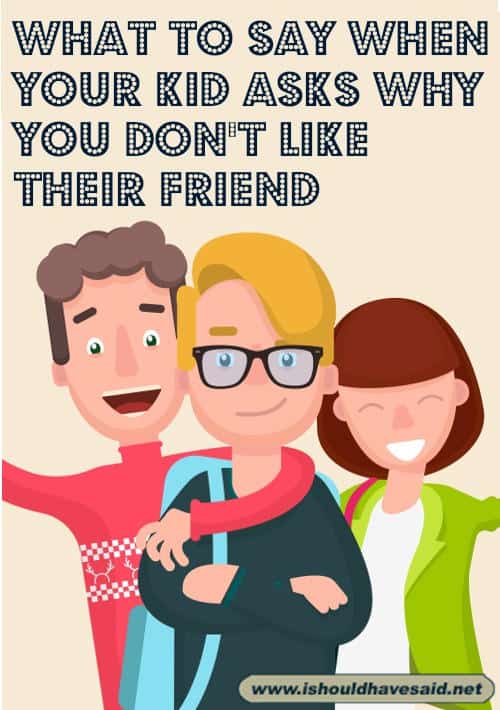
When your child asks why you don’t like their friend you want to find the right response. It can be tricky territory to navigate because if you insult your child’s friend, it may get their back up and backfire on you.
It can be challenging to like all of your kid’s friends, usually, there is a good reason for your feelings. The thing is that we all become like the five people that we spend the most time with. With have to be very careful who we associate with, especially in the younger years. Some children or teens can be rude, unkind or a very bad influence on your kid.
Anja went to an elementary school with a lot of nice kids from good families. In grade 7, the kid’s hormones were raging and there was a lot of drama going on. Anja’s mom, Sasha, had a bad feeling about the direction of a few of Anja’s friends were heading in. She decided that it would be better for her daughter to attend a different high school.
Anja could see that it was true, but she still felt sad about the situation. By grade 8 a lot of the nice kids had started smoking and vaping, which only leads to other things.
Anja ended up at a private high school, where she eventually started making new friends who were on a different life path. Even though she could see still liked her old friends, she knew that her mom was right, even if it took a few years to admit it.
When your child wants to know if you like their friend, use one of the clever responses below.
10 Best replies when your kid asks why you don’t like their friend
1. You can’t soar like an eagle when you hang out with turkeys.
2. You become like the five people you spend the most time with. Chose carefully.
3. If you lie down with dogs, you will get up with fleas.
4. As we grow up, we realize it becomes less important to have a ton of friends, and more important to have real ones.
5. I care about you and want the best for you, and sometimes I have concerns about certain behaviors or choices I’ve noticed.
6. It isn’t a personal thing. I think some of your friend’s choices can be concerning and put you in a dangerous situation.
7. Honestly, I just love you and want the best for you.
8. I just want you to be safe, that’s all. I know you have always had a great friend group.
9. I just want you to be surrounded by positive people and making good choices.
10. I am sorry to say, they seem like they might be a bad influence on you.
More top ten comeback lists you might like
- Top ten comebacks for someone who worries
- Top ten comebacks for judgmental people
- More comebacks you might like
Why parents don’t like some of their kids friends
Parents may find it challenging to like some of their kids for many reasons. Most parents are concerned that a bad friend can be a negative influence and lead their child astray.
Parents work incredibly hard to install their values into a child. If your child’s friends don’t share your family values, your child may end up heading in the wrong direction, which can be incredibly detrimental to your child’s future.
Often parents have a gut feeling that certain friends are not a positive influence, and they may notice a change in attitude or behaviour for the worse. Parents want what is best for their kids, and may try to limit contact or to protect their child from a kid who is a bad influence.
Liz didn’t like her son’s friend
Navigating relationships with our children’s friends can be a delicate matter for parents. Liz found herself in this very situation when she realized that she didn’t particularly like her son’s new best friend.
The young man seemed to have a nonchalant attitude and often made choices that concerned Liz. Despite her reservations, Liz knew it was important to approach the situation with understanding and empathy.
She decided to have an open and honest conversation with her son, expressing her concerns in a non-confrontational manner. To her surprise, her son was receptive and shared some of the same reservations. Together, they discussed the qualities they valued in friendships and how those aligned with the behavior they were observing.
They decided to invite the new friend over for a casual get-together, hoping to get to know him better and understand his perspective. Through talking,Liz discovered that the young man had faced extreme challenges growing up and had a different outlook on life. Liz realized that she had been very judgmental, and didn’t appreciate what a difficult childhood he had.
This understanding helped Liz empathize with him and see beyond the initial reservations. Over time, the relationship between the young man and Liz’s family evolved, and they found common ground, leading to a more positive and understanding dynamic. This experience taught Liz the importance of open communication and empathy in navigating delicate relationships, ultimately strengthening the bond between her and her son.
The Role of counselling and self care
I Should Have Said Media will earn a commission after clicking links on this page at no additional cost to you. Learn more.
Better Help is a great resource where you can talk to a counselor from the comfort of your own home.
Taking care of your own needs isn’t selfish, and you will feel better in the long run.
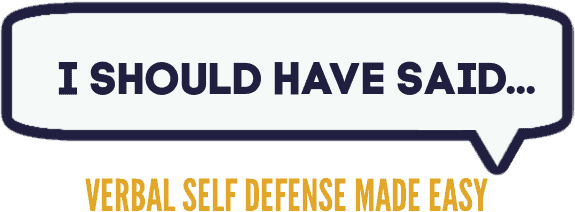

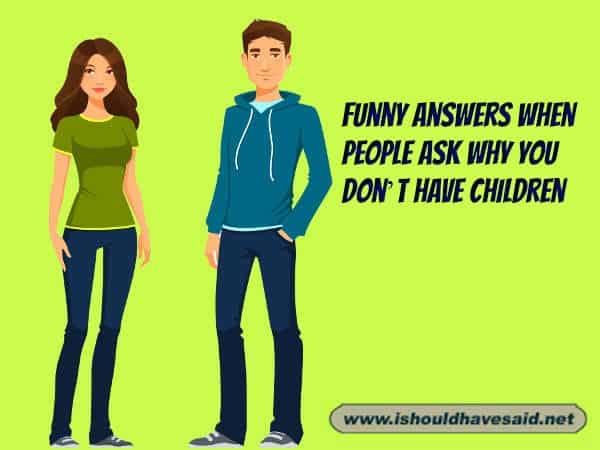
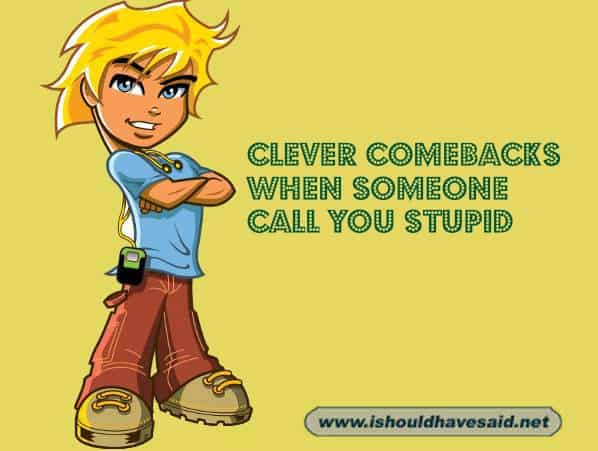
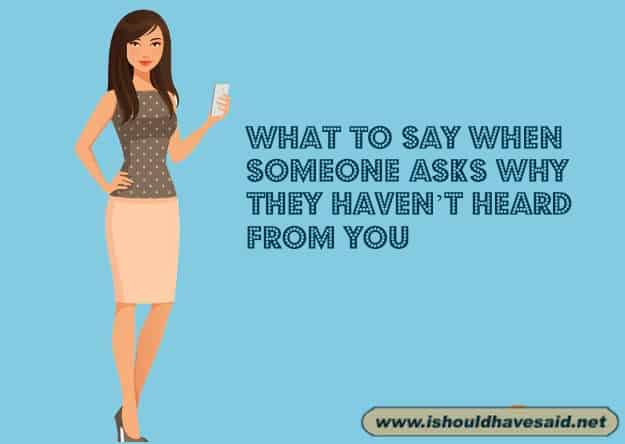
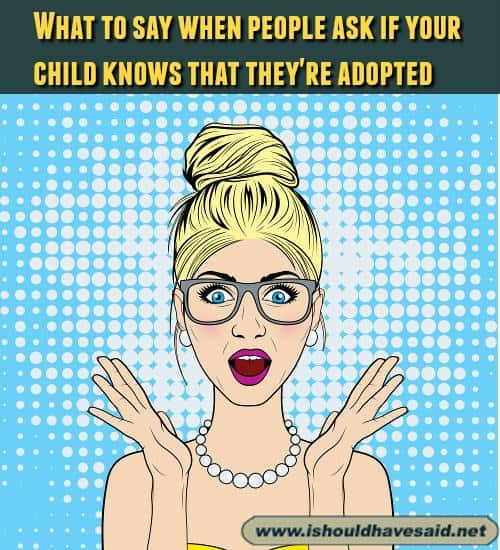
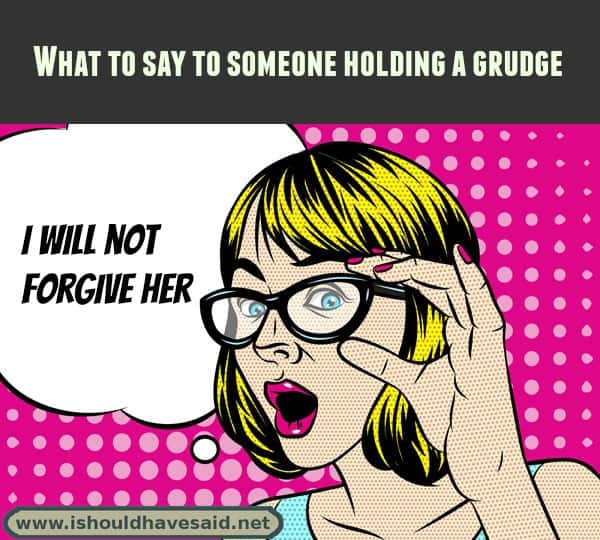
Oh…you actually call them friends…